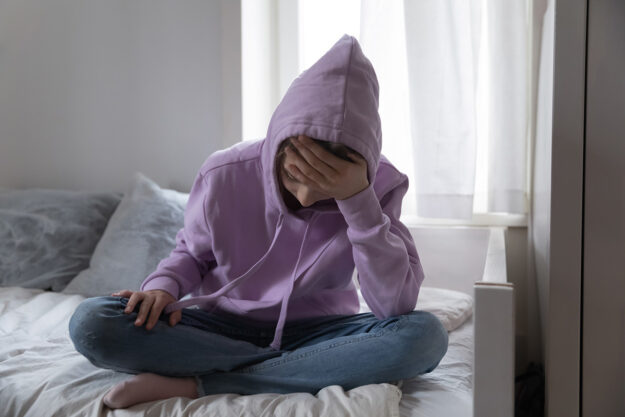What Is Cutting and What Are the Warning Signs?
Added By Harmony Hills Harmony Hills Published: February 26, 2024 Updated: March 6, 2024 Non-suicidal self-injury—often referred to as self-harm—involves any act of intentionally injuring or causing harm to oneself. While self-harm can take on various forms, Mental Health America reports that 70–90% of people who self-harm choose cutting as their preferred method. Self-harm is…










